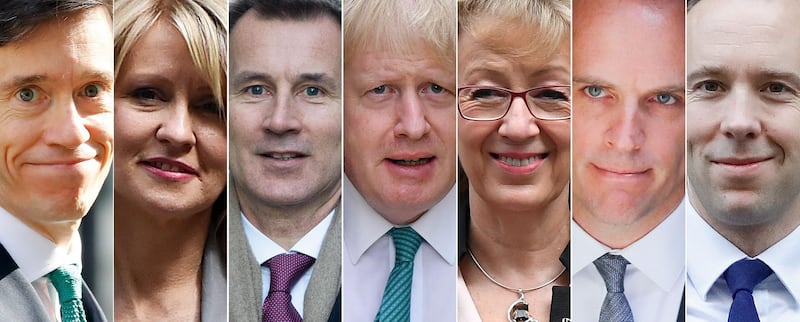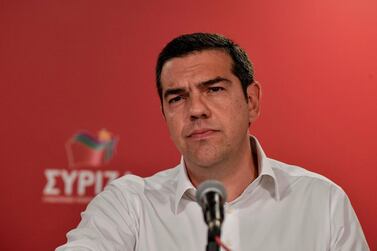Britain’s ruling Conservatives suffered a humiliating defeat in the European election two days after losing their leader, as voters punished the party for its Brexit failure.
The latest polls show that the Conservatives and Labour were eclipsed by a six-week-old pro-Brexit party led by the UK’s arch-eurosceptic, Nigel Farage.
The latest BBC poll shows the Brexit Party was due to get 32 per cent of the vote, the Liberal Democrats 20 per cent, Labour 14 per cent, the Greens 12 per cent, Conservatives 9 per cent and the SNP 4 per cent.
Mr Farage, founder and leader of the Brexit Party, was re-elected in the south-east of England.
He said that if the UK did not leave the EU by the end of October, his party would “repeat these results in a general election”.
Never before in British politics has a party just 6 weeks old won a national election.
— Nigel Farage (@Nigel_Farage) May 26, 2019
If Britain does not leave the EU on October 31st, these results will be repeated at a general election.
History has been made. This is just the beginning.pic.twitter.com/J7xqwdwZin
Also in the spotlight on Sunday evening was a seat in north-west England, where far-right activist and founder of the English Defence League Tommy Robinson stood as an independent.
Mr Robinson, who ran a campaign mired with violence and controversy, blamed his defeat on being banned from several social media platforms.
“I am not allowed social media,” he said. “I am not able to interact with the public.
“But more than anything, every community I have gone to, every working-class estate, I have so felt loved, more than I have ever felt in my life.”
Daniel Hannan, a prominent Tory MEP who was re-elected in his seat in the south-east of England, called this year’s European election the Conservative party’s “worst ever result”.
“We have got to stop this awful culture war that we’ve had for three years now,” Mr Hannan said of the country since it voted to leave the EU in June 2016.
“People are calling other people appalling names and treating their countrymen like they are enemies.”
What we need to watch tonight is Brexit Party + Tories + UKIP versus Lib Dems + Green + Labour + Change.
— David Lammy (@DavidLammy) May 26, 2019
If the latter gets more of the vote #EP2019 is a huge mandate for a #PeoplesVote with the option to Remain.
“The longer this is drawn out, the worse it gets. We need to make Brexit happen but do it in a way that carries the 48 per cent with us.”
The election results added to the sense of crisis within the Conservative party after Prime Minister Theresa May bowed to pressure from within her own party and tearfully announced on Friday that she would be quitting as her party’s leader on June 7.
As many as 16 people could run in a campaign to succeed her as leader of the party and country.
Mrs May said that she had done everything she could to deliver Brexit, but her failure prompted the party’s traditional supporters to abandon the Tories.
The Labour party was also abandoned by voters on Sunday evening because it did not have a clear stance on Brexit.
“I think these are really bad results for Labour,” shadow foreign secretary Emily Thornberry said.
Ms Thornberry said the party was receiving a “kicking” in the European elections.
The Conservatives and Labour lost out to groups who take strong lines on Brexit, with the pro-Remain Liberal Democrats also running strongly.
Alasdair Campbell, who was spokesman and campaign director for former Labour prime minister Tony Blair, said that for the first time in his life he did not vote for Labour.
Mr Campbell said he opted for the Liberal Democrats because of the party’s clear vision to remain in the EU.
The European election results showed that the UK is still deeply divided over its future.
Jeremy Corbyn, leader of Labour party, said that over the coming days he would have conversations across the party and movement, and reflect on the results “on both sides of the Brexit divide”.







